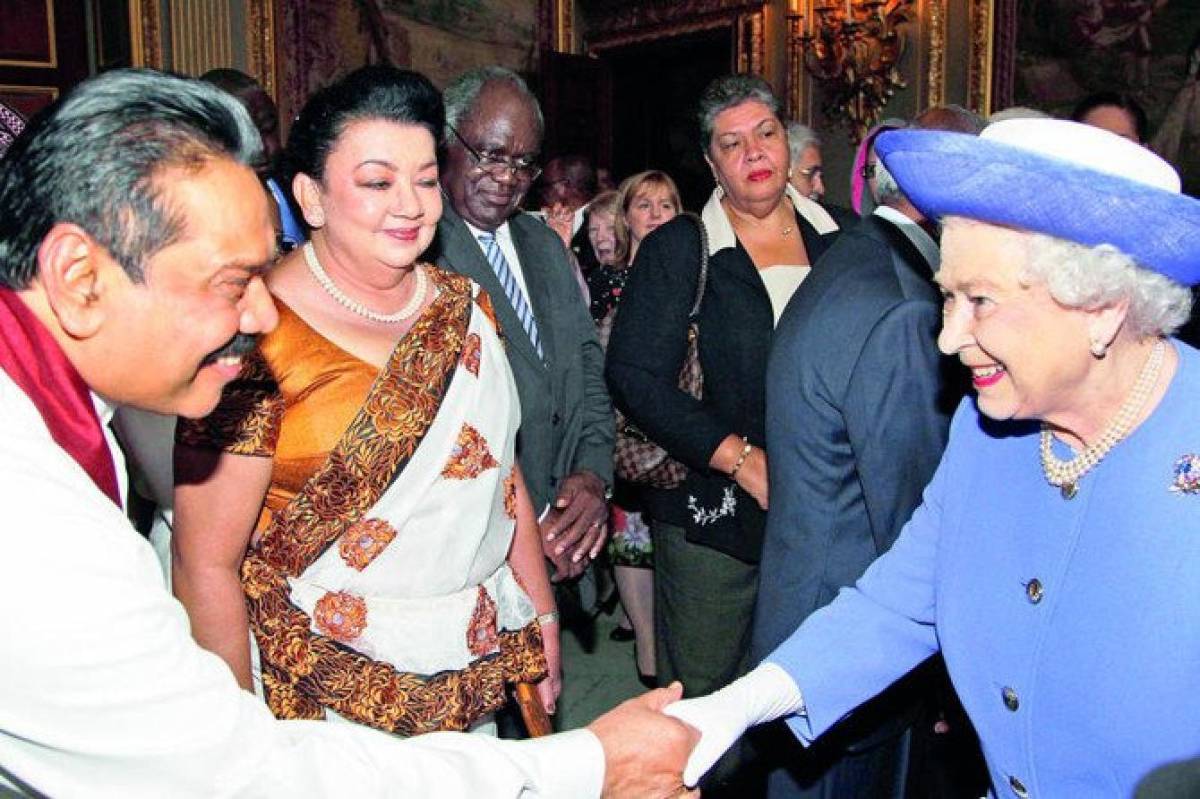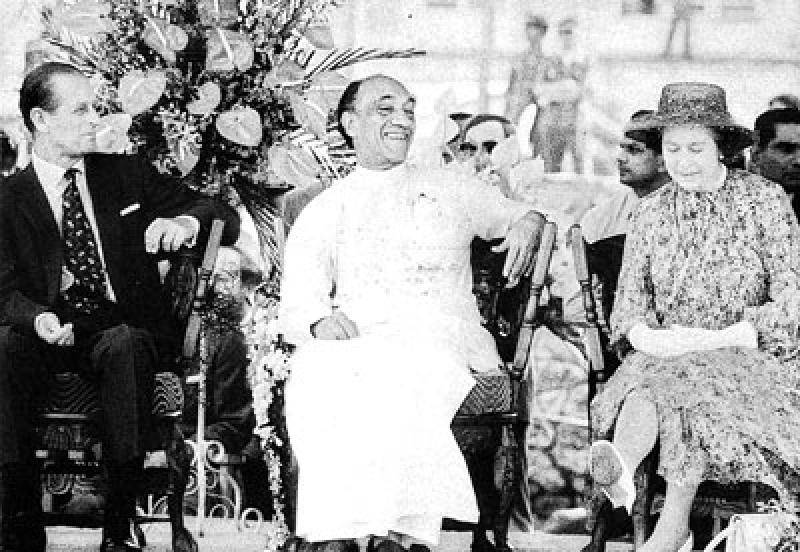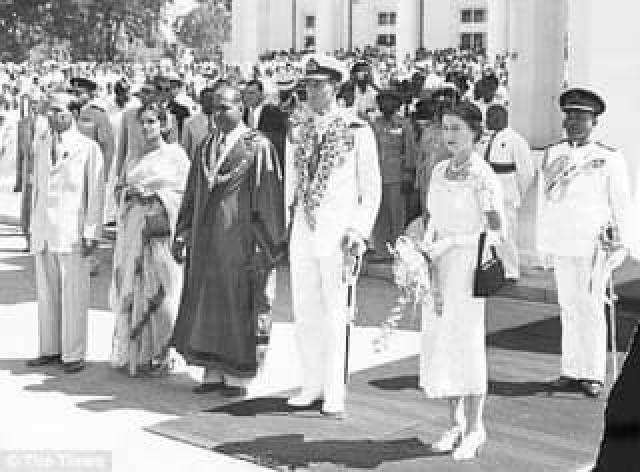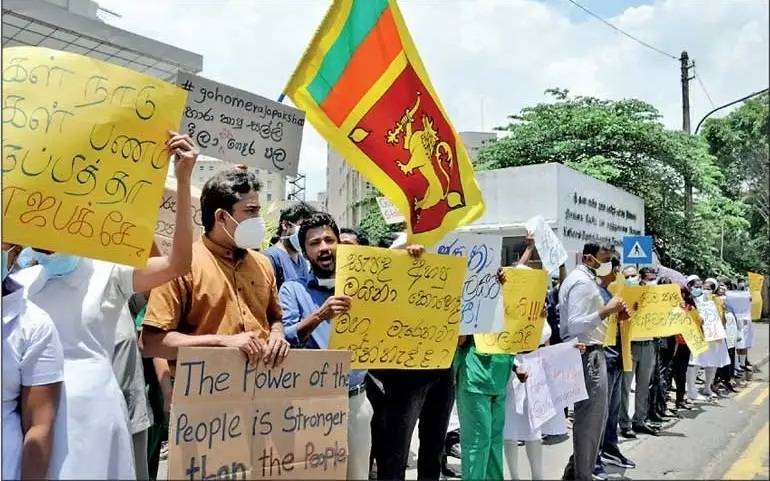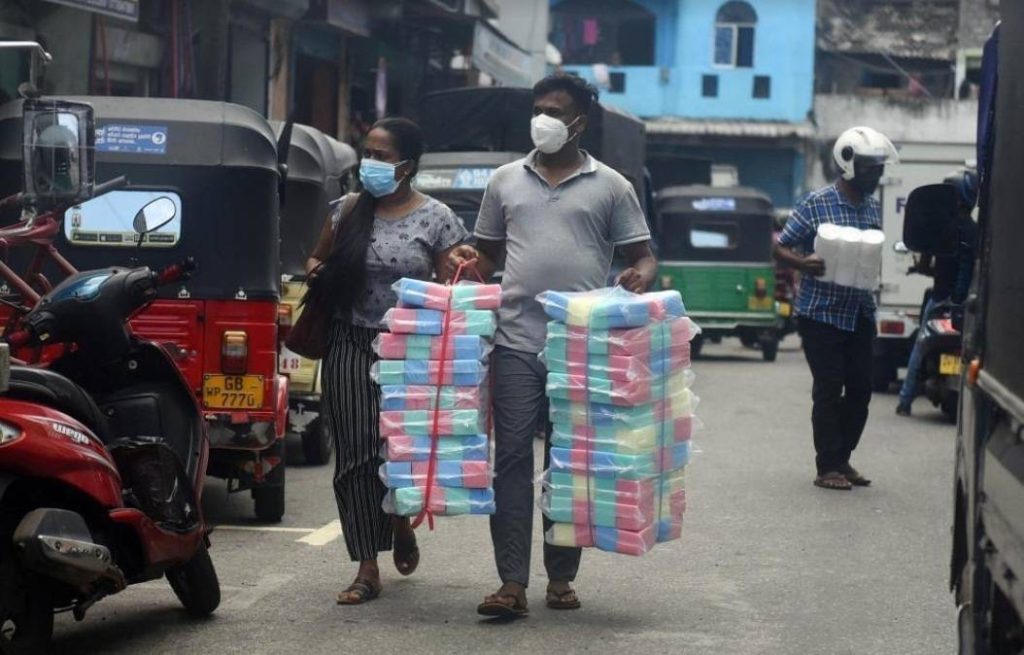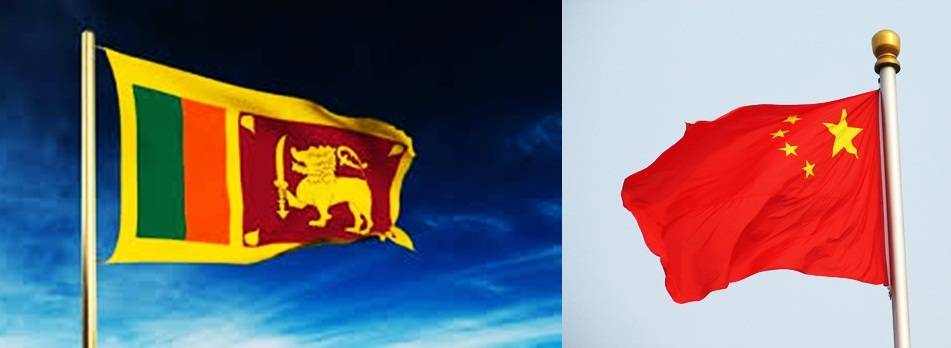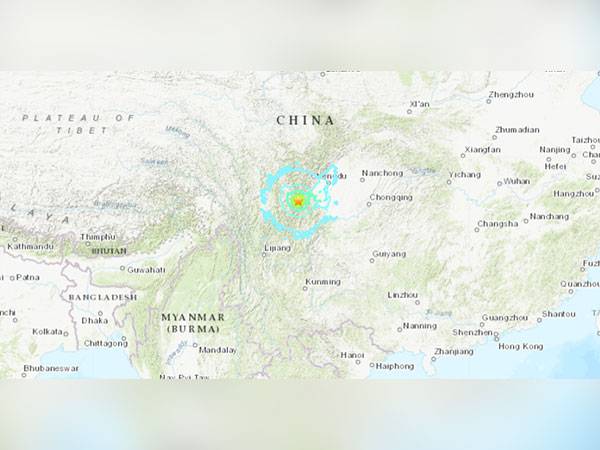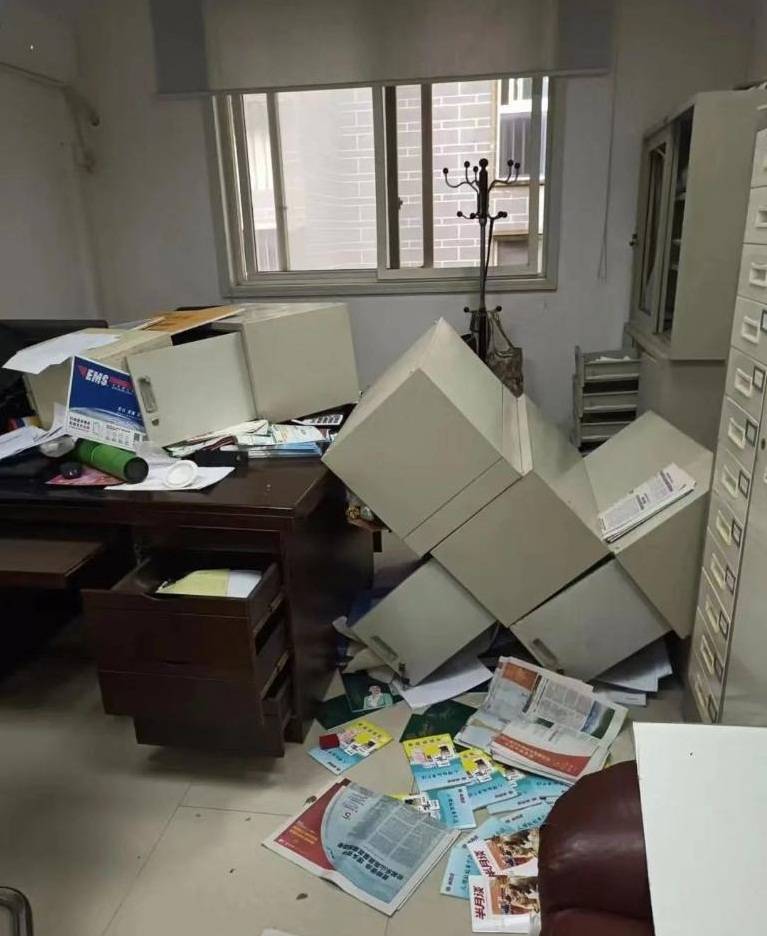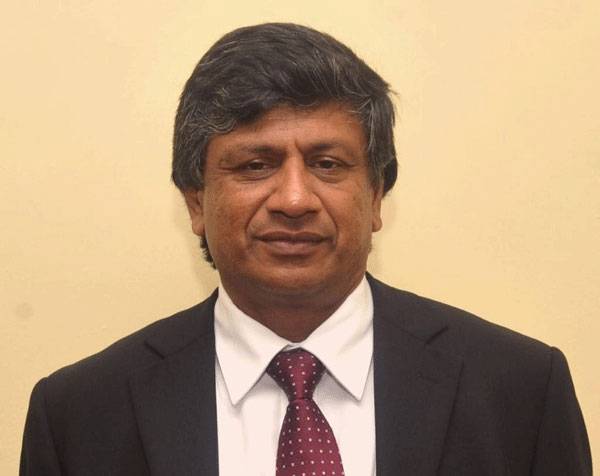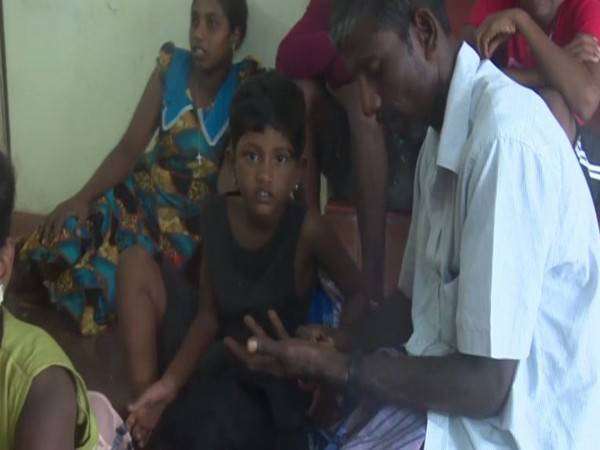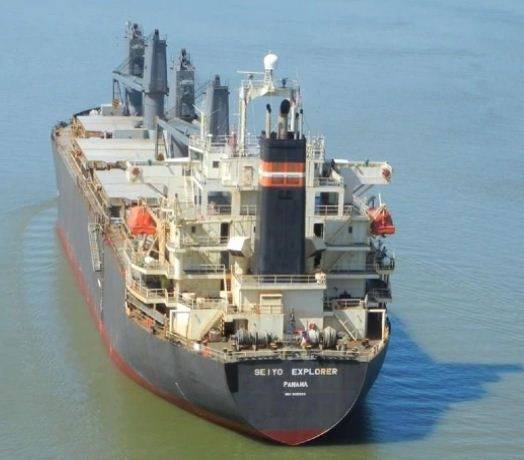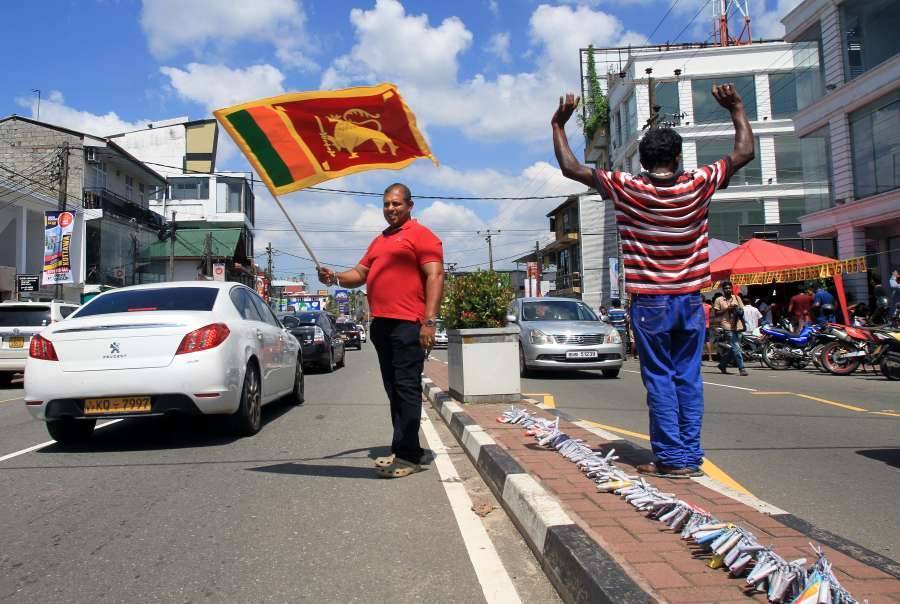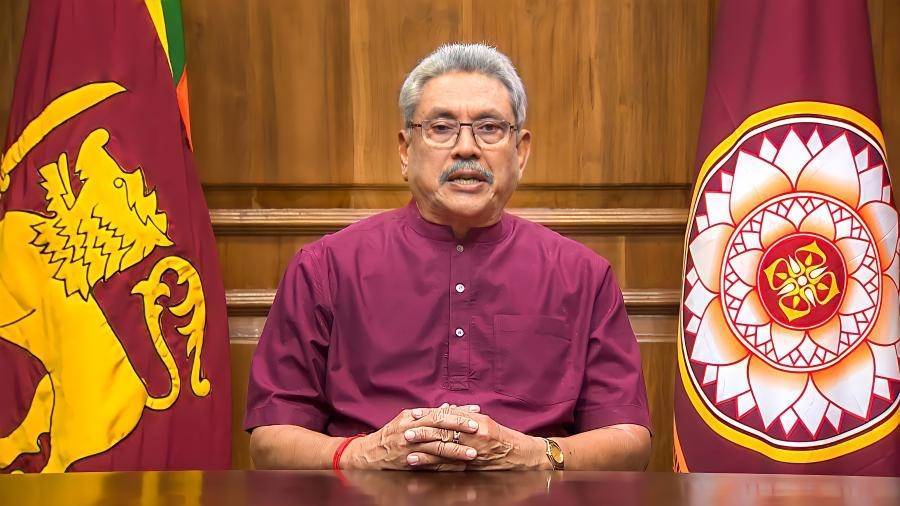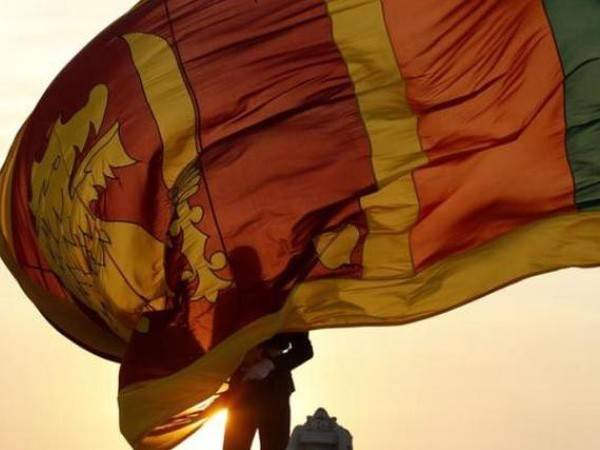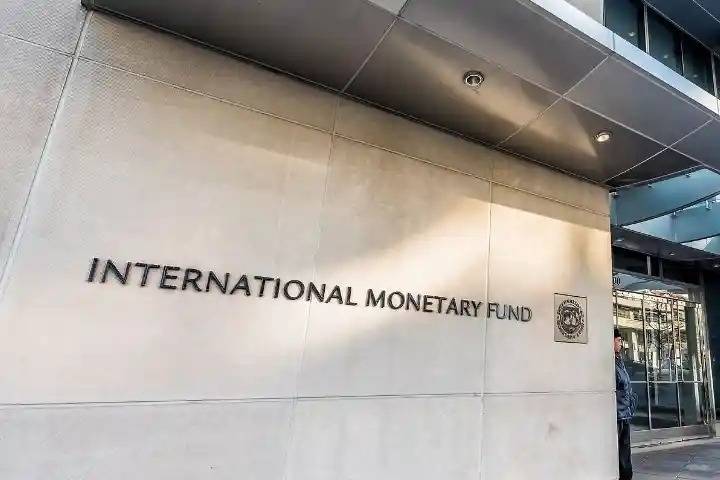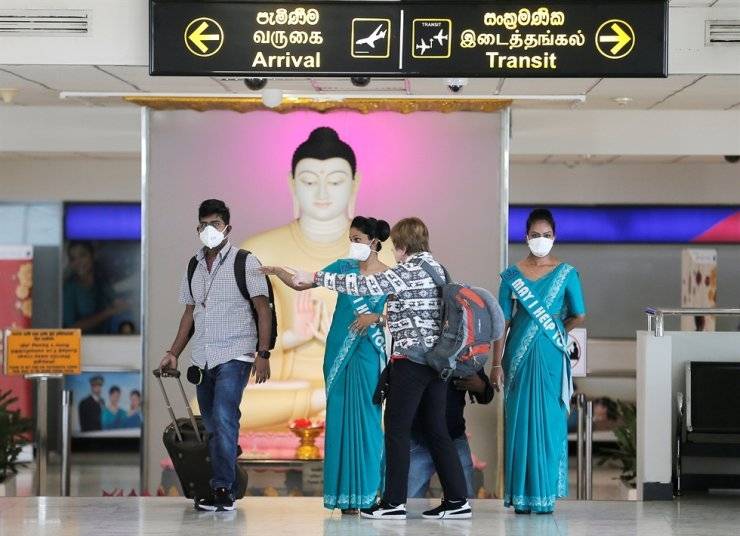Sri Lanka, in their 11th final in this tournament, are aiming to take their Asia Cup title tally to 6 while Pakistan is looking to add their third to the trophy cabinet…reports Asian Lite News
Sri Lanka and Pakistan, who began their campaign with losses and later made remarkable comebacks, will take the field for the last time in the tournament, with an aim to win a well-contested Asia Cup 2022 title at the Dubai International Cricket Stadium, here on Sunday.
Sri Lanka, who came to the tournament after a socio-economic crisis and turmoil in their country, suffered an eight-wicket loss against Afghanistan in their opening game. However, since then, the Dasun Shanaka-led side haven’t lost a game and are on a four-match winning streak.
On the other hand, Pakistan had lost a close game against their arch-rivals in their campaign opener. However, they also won the crucial games and managed to reach the finals.
Sri Lanka, in their 11th final in this tournament, are aiming to take their Asia Cup title tally to 6 while Pakistan are looking to add their third to the trophy cabinet.
Before the all-important final, both teams faced each other in a Super Four game on Friday where Sri Lanka beat Pakistan by five wickets. It was a kind of dress rehearsal before the summit clash and they must have gotten a glimpse into each other’s strengths and weaknesses.
In the final, Pakistan will look to improve their batting effort against Sri Lanka’s spin potency. The top-six of Babar Azam-led team folded at less than 120 against spinners in T20Is since 2021 so the spin department led by Wanindu Hasaranga could define Sri Lanka’s fate in this fixture.
Pakistan batters clearly struggled against Sri Lanka spinners on Friday. Even part-timer Dhananjaya de Silva had them on strings, finishing with a spell of 1 for 18 in which he didn’t concede a single four.
Pakistan have also repeatedly lost momentum in the post-PowerPlay phase of 7 to 10 overs — a phase that Sri Lanka spinners could look to maximise. Also, they have tried different combinations in batting during the middle overs, which haven’t allowed anyone to master the specific role.
So, Shadab Khan, who was tidy with the bat at No. 5 in the thriller against Afghanistan, could once again counter Sri Lanka’s spin threat.
The bowling line-up have been Pakistan’s strength in the ongoing tournament despite the absence of a few key fast bowlers. Naseem Shah and Shadab Khan, who were rested on Friday, should return to Pakistan eleven for the final.
On the other hand, the toss could be an important factor for Sri Lanka. They have had the advantage of bowling first in each of their four victories, so the flip of fortunes at the toss could come as a stern test.
Apart from their spin bowling, Sri Lanka also has had solid contributions from their top-five batters. Openers Kusal Mendis and Pathum Nissanka have given positive starts at the top while the likes of Danushka Gunathilaka, Bhanuka Rajapaksa, Shanaka himself and Chamikaatne Karunaratne have all made runs when they mattered the most.
Sri Lanka and Pakistan have met in three Asia Cup finals — the former won in 1986 and 2014 while the latter emerged victorious in 2000. This will be Sri Lanka’s 11th Asia Cup final — the most for a team. So, overall, a spicy and exciting contest awaits fans on Sunday.
Teams:
Sri Lanka: Dasun Shanaka (c), Danushka Gunathilaka, Pathum Nissanka, Kusal Mendis, Charith Asalanka, Bhanuka Rajapaksa, Ashen Bandara, Dhananjaya de Silva, Wanindu Hasaranga, Maheesh Theekshana, Jeffrey Vandersay, Praveen Jayawickrama, Chamika Karunaratne, Dilshan Madushanka, Matheesha Pathirana, Nuwanidu Fernando and Dinesh Chandimal
Pakistan: Babar Azam (c), Shadab Khan, Asif Ali, Fakhar Zaman, Haider Ali, Haris Rauf, Iftikhar Ahmed, Khushdil Shah, Mohammad Nawaz, Mohammad Rizwan, Naseem Shah, Shahnawaz Dahani, Usman Qadir, Mohammed Hasnain, Hasan Ali

